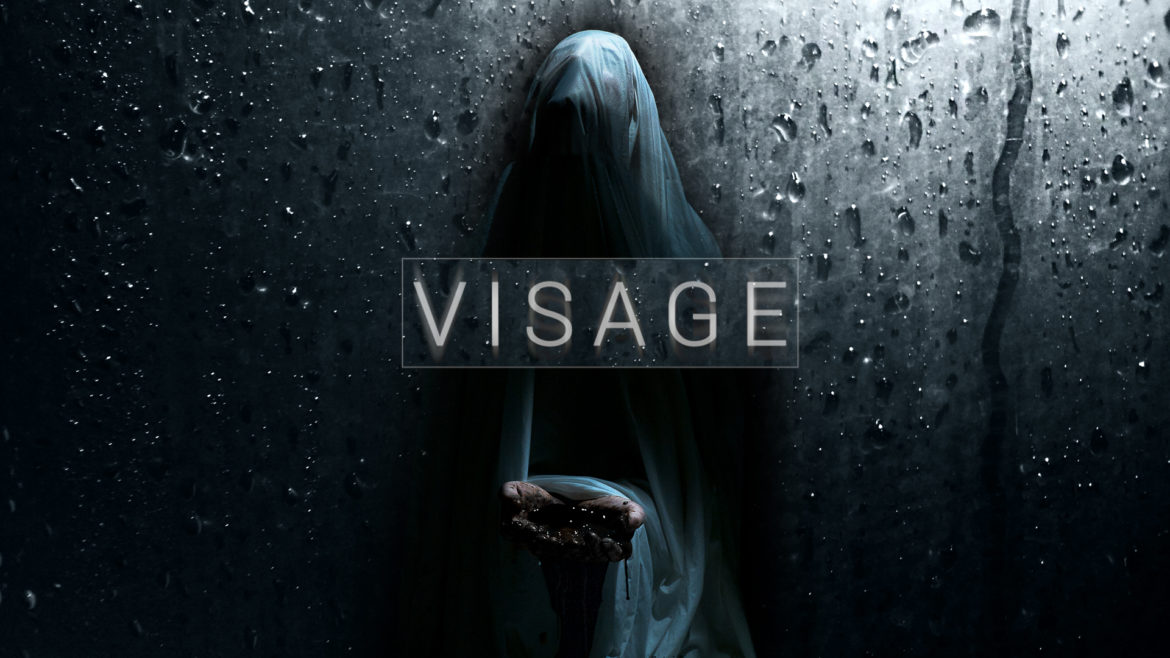TL;DR
Visage is a psychological horror game that aims to genuinely scare players with its unsettling atmosphere and impactful scares, especially in its impressive 4K presentation. You'll need to manage light sources to avoid madness and confront malevolent entities within a haunted house. While it excels at building dread and features compelling mysteries and great sound design, the tension can dip between scares, and the controls and navigation can be a bit clunky. If you're a hardcore horror fan looking for a stylish, albeit occasionally frustrating, scare-fest, you'll want to dive into the full review to see if it's for you.
Crafting truly effective horror games is a significant challenge. Few titles genuinely elicit fear in the player. I recall the visceral reaction to the infamous dog attack in the original Resident Evil on Playstation. Since then, many games have adopted the “horror” label, yet fail to deliver on the core premise: to scare.
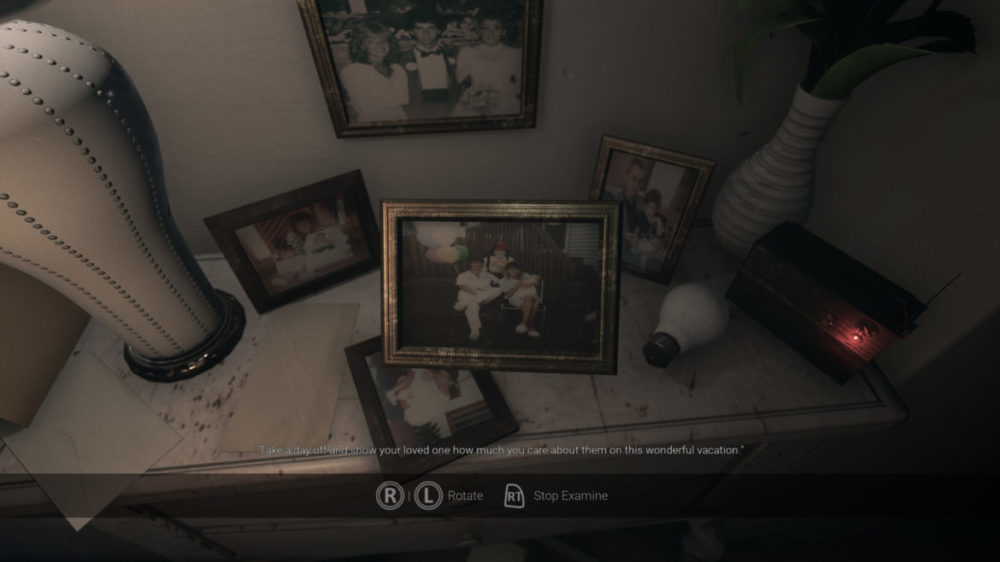
Consequently, I approached Visage, developed by Canadian studio SadSquare Studios, with a degree of skepticism. The game is billed as a “psychological horror game,” a descriptor that can encompass a wide range of experiences.
The introductory sequence immediately establishes that this is an experience unlike many others. It is a harrowing sequence that effectively places the player in a disturbing and unsettling situation. I will refrain from detailing specific events, as experiencing them firsthand is crucial.
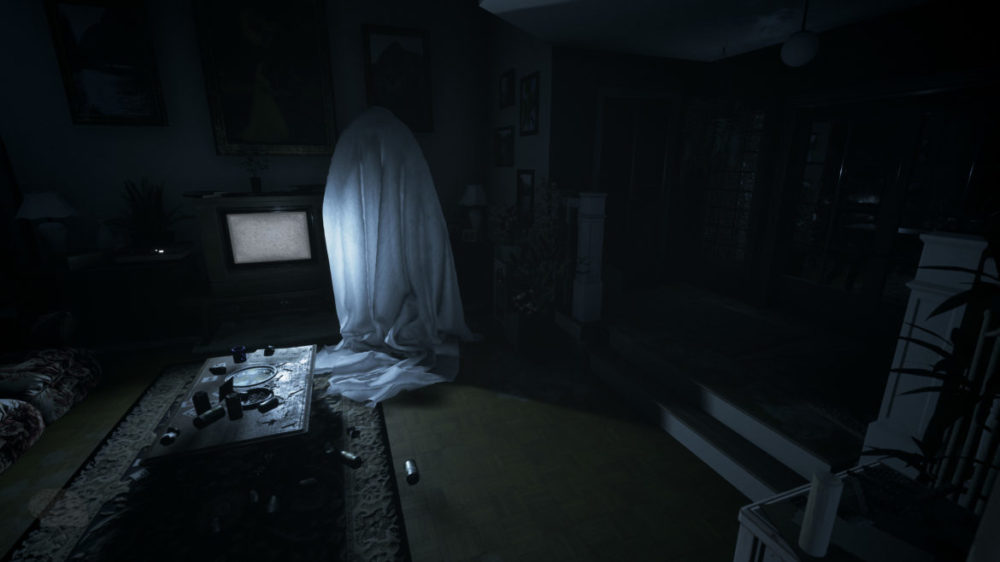
Following the intro, the player enters the main game environment: an abandoned and dimly lit house. Prolonged exposure to darkness accelerates the protagonist’s descent into madness, summoning malevolent entities. Maintaining light is therefore paramount, requiring the player to scavenge for candles and manipulate light fixtures. The game presents objectives that incrementally guide the player toward the narrative’s conclusion.
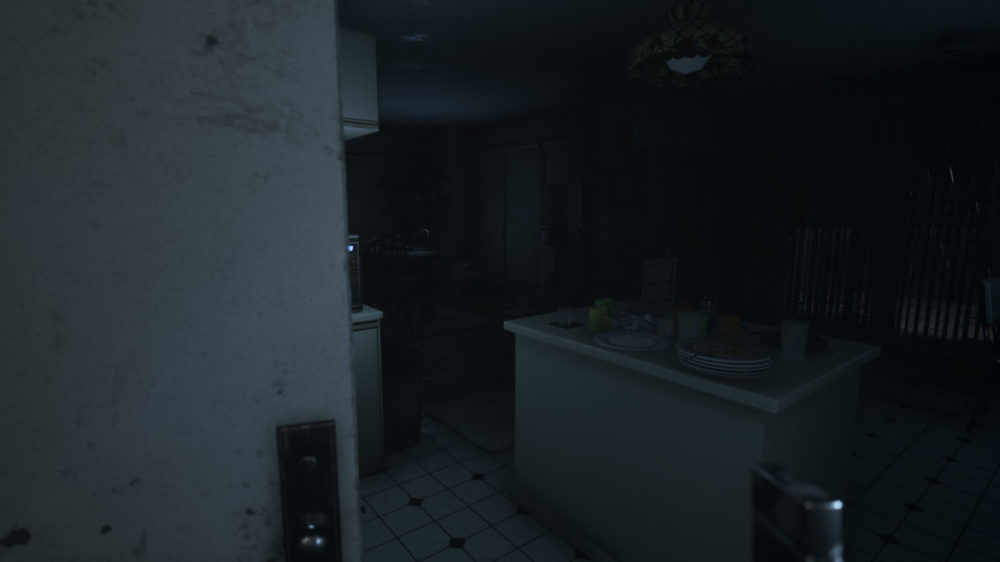
Visage excels in establishing a pervasive atmosphere of dread, and the introduction effectively maintains player engagement. However, the initial tension dissipates somewhat, with a noticeable lull before subsequent frightening encounters. This is unfortunate, as the game demonstrates considerable polish, with compelling mysteries and atmosphere. The sound design contributes significantly to the unsettling ambiance, and the scares, when they occur, are genuinely impactful. Playing Visage on Xbox One X is a visually impressive experience. The graphics are well-realized, featuring impressive lighting effects, and the game’s focus on darkness and fear is enhanced by the deep contrast and rich blacks afforded by 4K resolution.
Regrettably, the control scheme can occasionally feel cumbersome. Interacting with the environment, particularly opening cabinets and retrieving items, can lack fluidity. This occasionally leads to frustration when selecting the unintended object. Furthermore, navigating the game world can be unclear at times. Locating the next area or objective sometimes requires extensive exploration of previously visited locations.
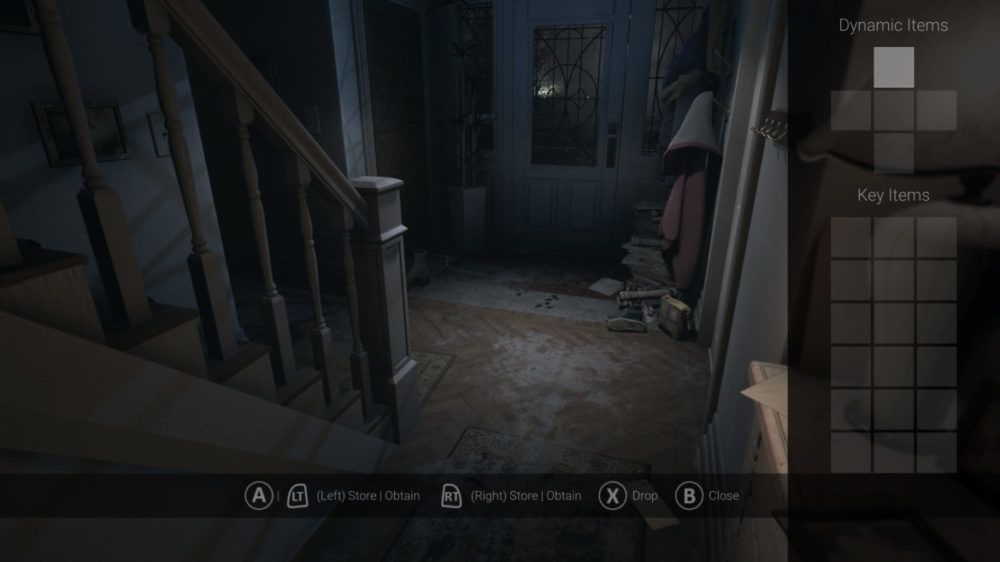
In conclusion, Visage presents a stylish and intriguing experience. However, its reliance on obscure elements and somewhat unwieldy controls may limit its appeal to dedicated horror enthusiasts. While the game is commendable, a recommendation is contingent on the player’s specific genre preferences.
